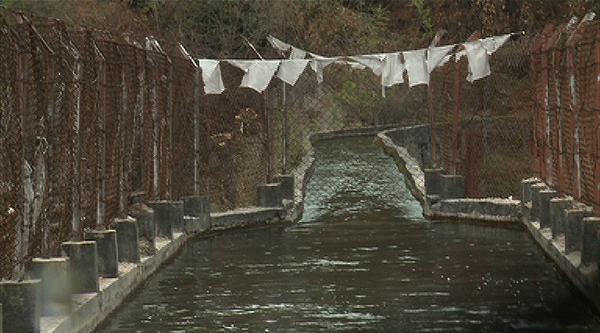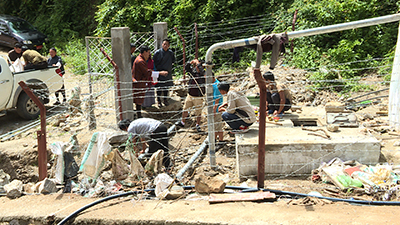 To ensure the safety of drinking water supplies and protection of public health, National Environment Commission (NEC) adopted the Bhutan Drinking Water Quality Standard 2016.
To ensure the safety of drinking water supplies and protection of public health, National Environment Commission (NEC) adopted the Bhutan Drinking Water Quality Standard 2016.
Drinking water standards are rules established to control the level of contamination in drinking water under the prescribed standard conditions.
The standard sets parameters and maximum permissible limits in drinking water to provide same quality of water throughout the country. With the standard in place, the water will be treated and monitored by the water service providers which include any person, entity, government or private company responsible for source development, water abstraction, treatment and distribution of water.
“The Royal Centre for Disease Control and Health Ministry as a surveillance body will monitor water every month. We must ensure that water providers treat water properly,” said Chimi Dorji, the Deputy Chief Laboratory Officer of Royal Centre for Disease Control (RCDC). “If the service providers do not treat water within the limit of the standard, we will inform them to take mitigation measures.”
The Chief Environment Officer of the NEC, Tenzin Wangmo said Bhutan had been using the World Health Organisation Guidelines for drinking water due to the absence of drinking water quality standard. The commission developed the standard considering the accelerating developmental activities which affects the quality of water in the country.
“In the past, water sheds are not disturbed and were in pristine state and we could drink from the stream. But now, the case is different with increasing number of human settlements and structural construction.” She further outlined that wastes are thrown into streams and rivers.
The drinking water quality standard came into effect this month.









